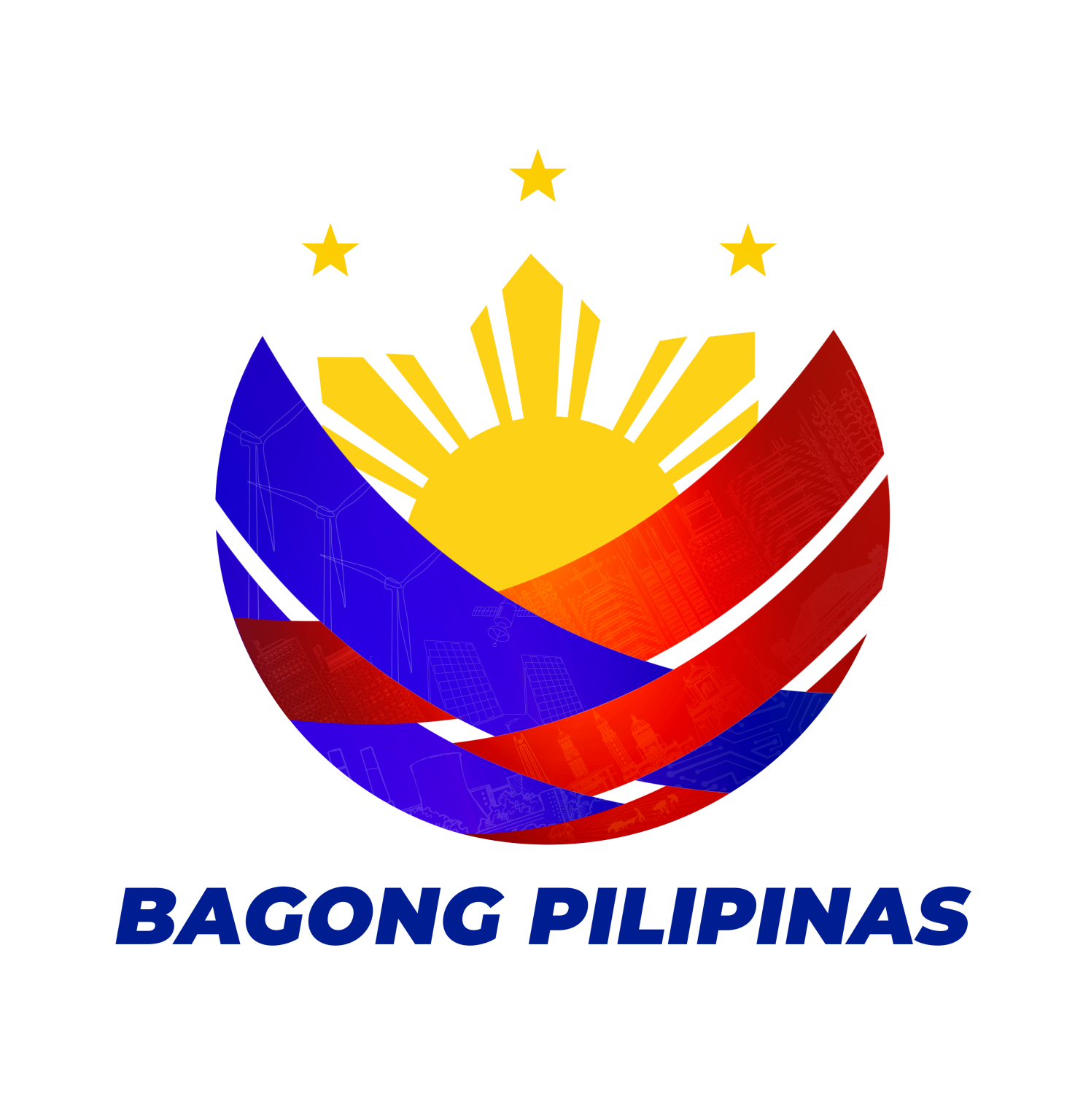- 1. PantawidPamilyang Pilipino Program is a poverty reduction and social development strategy of the national government that provides conditional cash grants to extremely poor households to improve their health, nutrition and education particularly of children aged 0-18.PANTAWID HAS DUAL OBJECTIVES:
- Social Assistance– to provide cash assistance to the poor to alleviate their immediate needs (short term poverty alleviation)
- Social Development– to break the intergenerational poverty cycle through investments in human capital.
PantawidPamilya helps to fulfil the country’s commitment to meet the Millennium Development Goal’s, namely: (1) Eradicate Extreme Poverty and Hunger, (2) Achieve Universal Primary Education, (3) Promote Gender Equality, (4) Reduce Child Mortality, (5) Improve Maternal Health.
- WHAT ARE THE CRITERIA IN THE SELECTION OF BENEFICIARIES?
- a) Residents of the poorest municipalities based on 2003 Small Area Estimates (SAE of NSCB.
- b) Households whose economic condition is equal to or below the provincial poverty threshold.
- c) Households that have children aged 0-18 years old and/or have a pregnant woman at the time of assessment.
- d) Households that agree to meet conditions specified in the program.
- HOW ARE THE BENEFICIARIES SELECTED?
The poorest households in the municipalities are selected through a Proxy-Means Test (PMT). This test determines the socio-economic category of the families by looking at certain proxy variables such as ownership of assets, type of housing, education of household head, livelihood of the family and access to water and sanitation facilities.
- HOW MANY HOUSEHOLDS ARE ENROLLED IN PANTAWID PROGRAM?
As of March 2016, the program is serving 291,956 beneficiaries in Region 9.
- HOW MANY AREAS ARE COVERED BY PANTAWID PROGRAM?
PantawidPamilya caters to the 72 municipalities and 5 cities in Region IX.
- WHO CONDUCTS THE SELECTION PROCESS?
DSWD selects the beneficiaries through the LISTAHANAN (National Household Targeting System for Poverty Reduction) program where assessments of households in the selected municipalities are conducted to identify who and where the poor are.
- DO LEGISLATORS, LOCAL CHIEF EXECUTIVES OR BARANGAY OFFICIALS PARTICIPATES IN THE SELECTION OF BENEFICIARIES?
NO, However, LGUs assist DSWD staff in the conduct of community assemblies of beneficiaries which is a part of the program process and procedures to validate potential and eligible beneficiaries.
- WHAT DOES PANTAWID PAMILYA OFFER?
PantawidPamilya provides conditional cash grants to beneficiaries to wit:
- P 500.00 per household for health and nutrition expenses
- P 300.00 per child for educational expenses. A maximum of three children per household is allowed.
- WHAT CONDITIONS NEEDS TO BE COMPLIED WITH TO REMAIN IN THE PROGRAM?
To avail the cash grants, beneficiaries should comply with the following conditions:
- Pregnant women must avail of pre-and post-natal care and be attended during child birth by a trained health professional.
- 0-5 year old children must receive regular preventive health check-ups and vaccines.
- 6-14 year old children must receive deworming pills twice a year.
- 3-5 year old children must attend day care or pre-school classes at least 85% of the time.
- 6-14 year old children must enrol in elementary or high school and must attend at least 85% of the time.
- Parent must attend at least ones a month Family Development Session.
- HOW DO BENEFICIARIES GET THEIR MONEY?
The cash grants shall be received by the most responsible person in the household, usually the mother through a Landbank Cash card.
In cases where payment through cash card is not feasible, the beneficiaries shall be provided their cash grants through an alternative payment scheme such as over-the-counter transactions from the nearest Landbank branch or offsite payments through Landbank.
- HOW LONG WILL THE BENEFICIARIES RECEIVE CASH GRANTS?
Each household-beneficiary will receive the cash grants for at most five (5) years.
- WHAT IF A HOUSEHOLD FAILS TO MEET THE CONDITIONALITIES?
Non-compliance to the conditions will result in the suspension of cash grants or dropping from the program.
- ISN’T THIS A FORM OF DOLE-OUT CONSIDERING THAT CASH IS DIRECTLY GIVEN?
NO, The program is not a dole-out. It is a development program that invests in human capital. The beneficiaries must meet specific conditionalities before they can get the cash assistance.




You must be logged in to post a comment.